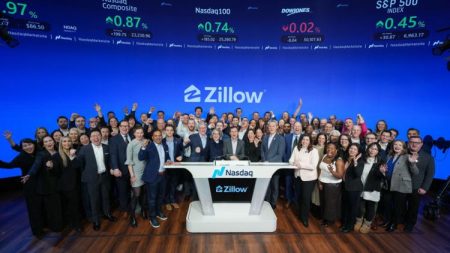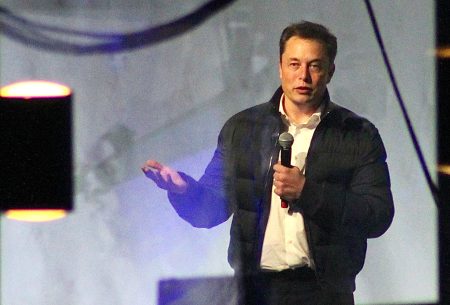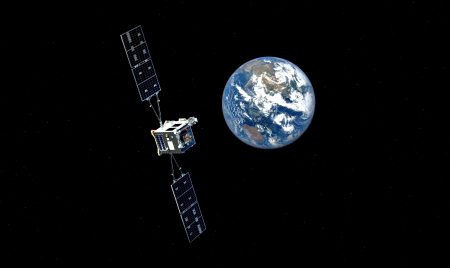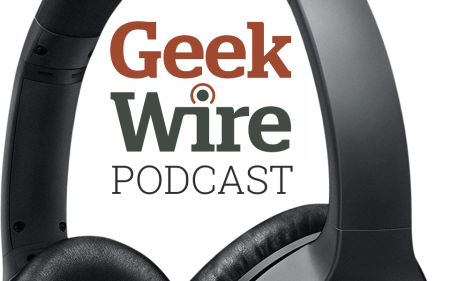Tech Week in Review: Seattle’s Changing Landscape and Innovations
In a week marked by significant shifts in Seattle’s tech ecosystem, the Wall Street Journal cast a national spotlight on the city’s economic challenges as it grapples with the aftermath of layoffs at tech giants Microsoft and Amazon. The article highlighted how these employment contractions are reshaping a region that has become increasingly dependent on these major employers. This scrutiny comes at a critical juncture for Seattle as it attempts to diversify its economic base while maintaining its position as a technology hub. The ripple effects extend beyond just the tech sector, impacting real estate, local businesses, and the overall economic confidence of a city that has largely defined itself through tech innovation for the past two decades.
Amid these challenges, innovation continues to flourish in the Pacific Northwest. Battery materials startup Sila announced the commencement of operations at its groundbreaking automotive-scale manufacturing facility in Washington state. This development represents a significant milestone in the evolution of electric vehicle technology, as Sila’s advanced battery materials promise to enhance range and performance while potentially reducing costs. The facility stands as a testament to Washington’s growing importance in the green technology manufacturing sector and signals a potential path forward for regional economic diversification beyond software and cloud computing. The company’s decision to establish operations in Washington reflects the state’s strategic position at the intersection of technology innovation and sustainable manufacturing.
The cultural side of tech made waves as well, with streaming personality IShowSpeed drawing massive crowds during his Seattle appearance. The rapid sell-out of his event underscores the growing influence of digital content creators and their ability to mobilize followers in physical spaces. In a different realm of innovation, the kitchen technology space saw advancement with Scott Heimendinger’s modern knife design, which represents the culmination of millions of years of tool evolution. These developments illustrate how technology continues to permeate every aspect of society, from entertainment to the most fundamental tools we use in our daily lives, reshaping not just how we work but how we play and live.
Microsoft announced a potentially revolutionary microfluidics cooling system for computer chips that mimics the vein structure of a leaf. Using artificial intelligence to match the processor’s heat signature, this innovation promises significant improvements in data center efficiency—a critical advancement as AI computing demands increase exponentially. In a related development, GeekWire’s interview with robotics expert Srinivasa revealed insights into the future of robotics and articulated a vision for Seattle becoming a global leader in AI and robotics. These developments highlight the region’s continued technological ambition despite economic headwinds, positioning Seattle at the forefront of solving some of computing’s most challenging physical limitations while exploring new frontiers in artificial intelligence and automation.
Beyond pure technology, cultural shifts continued to spread from Washington state outward, as thirteen additional states have now followed Washington’s lead in legalizing natural organic reduction as an end-of-life option. This environmentally focused alternative to traditional burial practices reflects the region’s progressive approach to sustainability, which often begins in the Pacific Northwest before gaining wider acceptance. Meanwhile, a significant chapter in Seattle’s coffee history came to a close with Starbucks shuttering its flagship Reserve Roastery on Capitol Hill after nearly eleven years of operation. The location, which had served as a technical showcase for the coffee-making process, represented the company’s ambitious vision for elevating the coffee experience through innovation and craftsmanship—a vision now being reconsidered in a changing economic climate.
The sports and media landscape also saw significant disruption with the Seattle Mariners’ announcement that they will shut down Root Sports Northwest at the end of the 2025 season. The organization plans to shift all broadcast production, carriage, and streaming operations to Major League Baseball beginning in 2026, signaling a major transition in how regional sports content is delivered to audiences. This move reflects broader trends in media consumption and content distribution, with traditional regional sports networks facing increasing pressure from streaming platforms and changing viewer habits. The week’s final notable story touched on the everyday challenges of modern communication, exploring the complications of scheduling video calls in an increasingly digital workplace—a seemingly mundane topic that nonetheless resonates with countless professionals navigating the complexities of remote and hybrid work environments that have become the new normal in post-pandemic Seattle and beyond.













